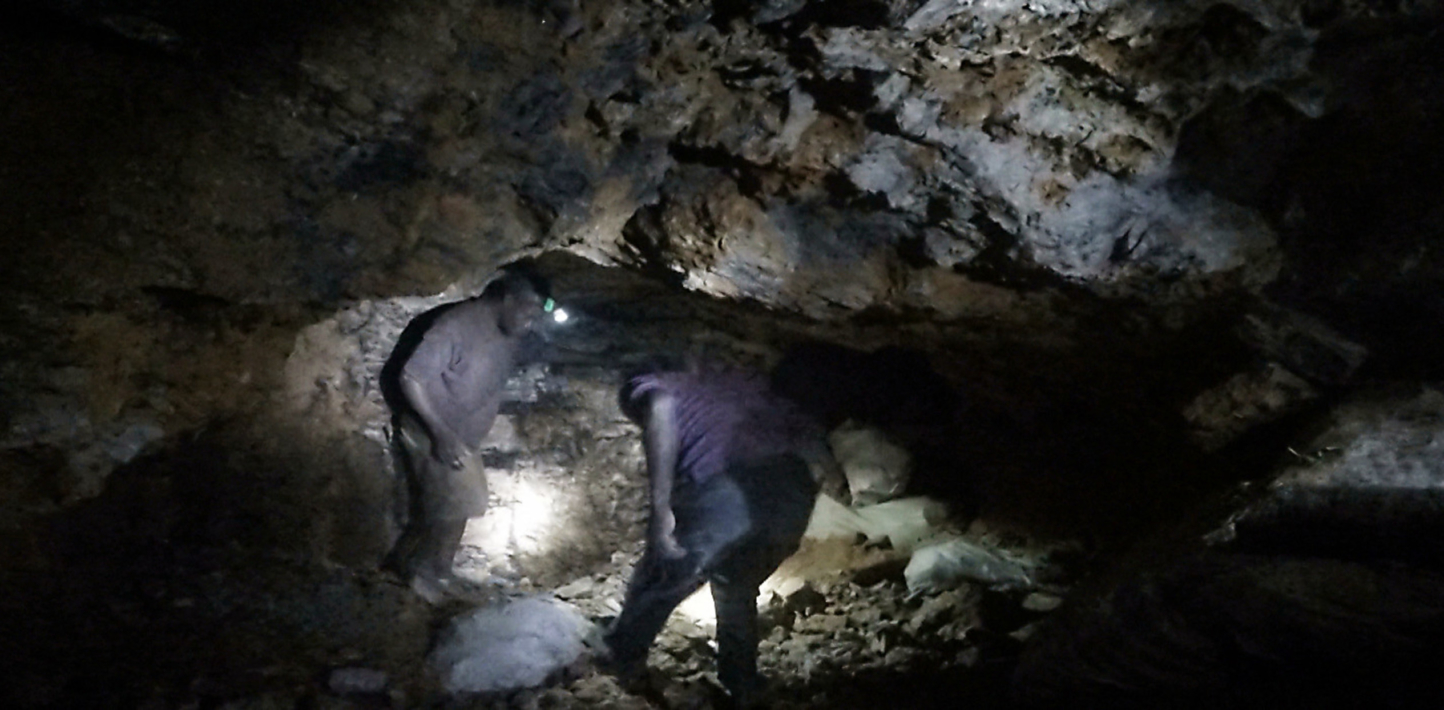Commenting on new research by the universities of Lubumbashi, Leuven and Ghent, which suggests that exposure to toxic pollution is causing birth defects in the children of cobalt and copper miners in the Democratic Republic of Congo (DRC), Mark Dummett, Head of Business, Security and Human Rights at Amnesty International, said:
“When you visit this area of the DRC, one of the most striking things you see is just how polluted it is, and just how little is being done by the government and mining companies to prevent pollution and protect the people living and working there. They simply can’t escape the dust.”
“When we first went into mines in 2015 we saw how men, women and children were working without even the most basic protective equipment such as gloves and face masks, and miners told us about health conditions they experienced, including coughing, pain in their lungs and urinary tract infections. In one village we visited, people showed us how the water in the local stream that they drank that they said was contaminated by the discharge of waste from a mineral processing plant.”
“There has been mining in the Katanga region for over 100 years, but there has been tragically little research into the impact that pollution has had. This report should prompt the DRC authorities to urgently step up their investigation into the impact of this pollution, and health monitoring of people working in the mines.”
“The alarming findings of this report suggest that the damage done may have a long legacy. This demonstrates the need for greater regulation of the mining sector to enforce environmental and worker protections. This also shows why the multinationals who profit from these mines need to fulfil their responsibility to respect human rights, ensuring they prevent pollution that damages people and the planet. They also need to provide remedy to those who have been harmed by their business operations. The DRC’s mining sector should benefit local communities, not just powerful corporations.”


